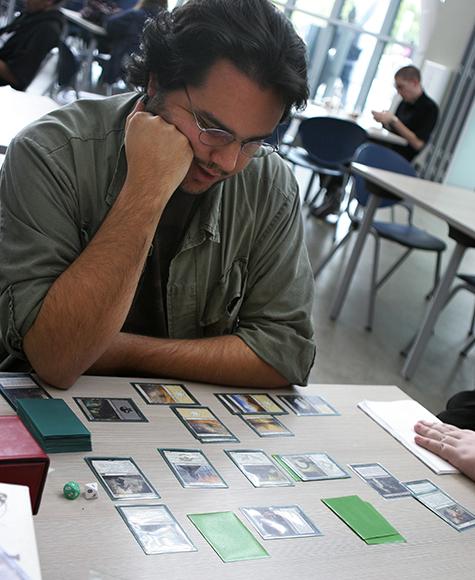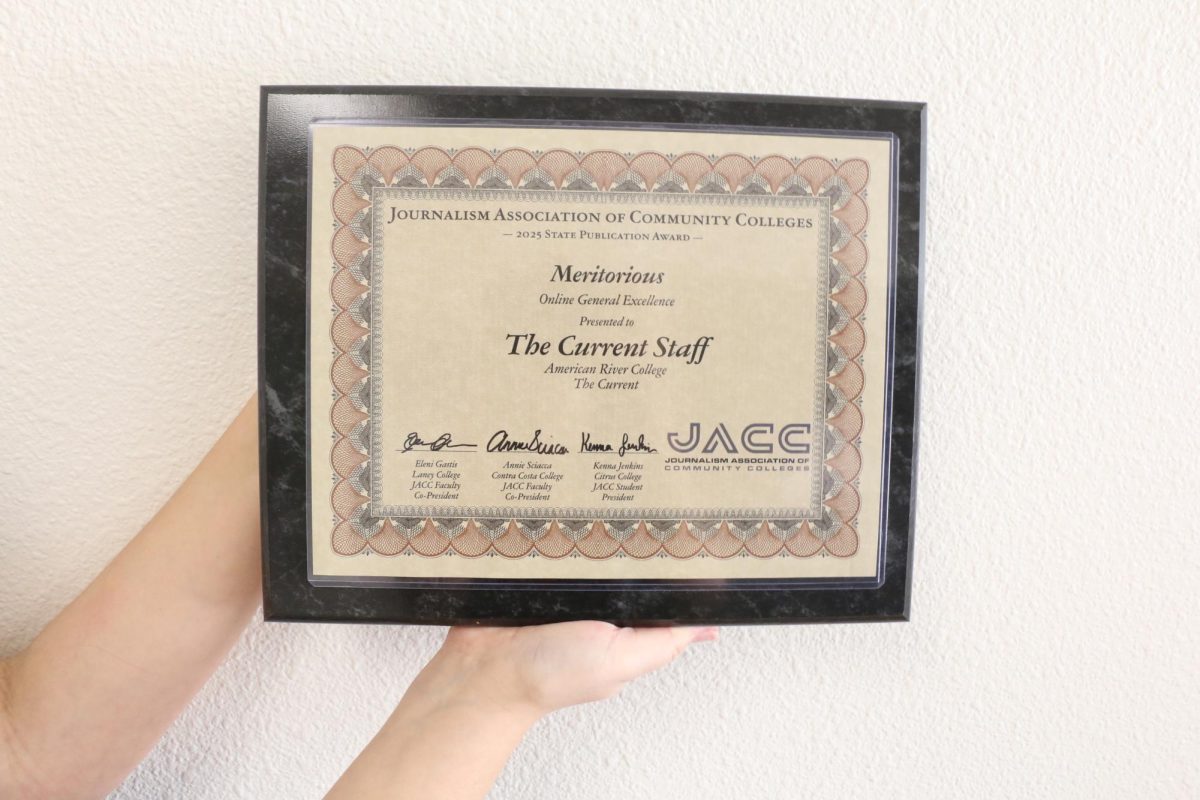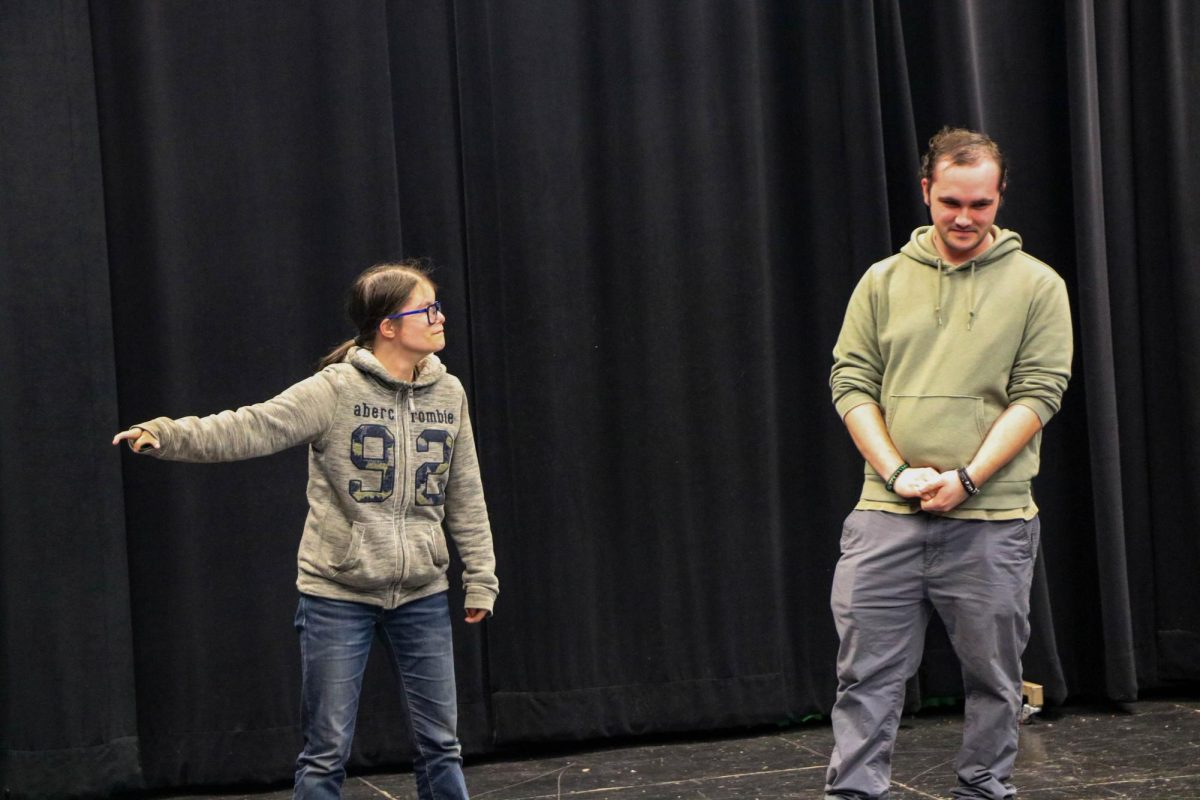
Despite the recent increase in the popularity of tabletop gaming, people may find it to be nothing more than a distraction, the time for which could be better used for activities such as studying.
Nonetheless, college students could find benefits from participating in this hobby.
Tabletop gaming consists of activities such as board games, card games, role-playing games (RPG) and dice games.
To learn how to play a new game, it is necessary to learn how to analyze the rules in order to win. This type of thought process is similar to that of a student learning new material in a classroom or doing research and implementing that research into an essay.
“Well-designed games, however, encourage students to adapt and design learning and teaching styles most suitable to them, which in turn leads to a more active role in learning,” according to a 2012 study by Pearson Education.
Games benefit the player immensely because they force the player to learn the historical context of the topic that the game uses.
This is similar to the way that books educate people. For example, when readers read “For Whom the Bell Tolls” by Ernest Hemingway, they also learn about the Spanish Civil War.
One board game that utilizes a moment of history in its gameplay mechanics is a game called “Tesla vs. Edison,” which uses the historical competition between Nikola Tesla and Thomas Edison.
Tabletop games could be more than an activity to pass the time. They can be a good way to encourage players to learn about how the stock market works, which could be found in “Tesla vs. Edison.”
Considering that the nature of board games tend to require more than one person to play, it is often found that these games require teamwork.
Students who detest group assignments will find that tabletop gaming’s teamwork mechanics is a great tool for practice on how to work together toward a common goal.
What this does is that it helps players not only learn how to work as a cohesive group, but also work on problem solving.
Sometimes finding a group of people is almost impossible. However, there are games that a player can play alone, such as “Mage Knight” or “Eldritch Horror.”
One reason why college students may not want to play tabletop games is that they can be expensive.
There are games that are on the market that cost around $10, such as the card game “Coup.”
With the many educational benefits, there is no reason why college students should not pick up tabletop gaming as a hobby.













